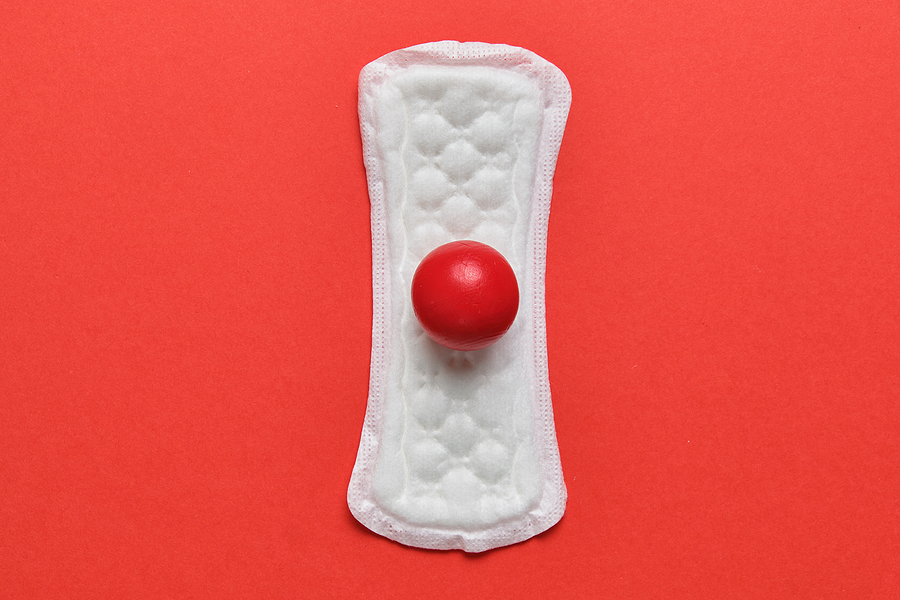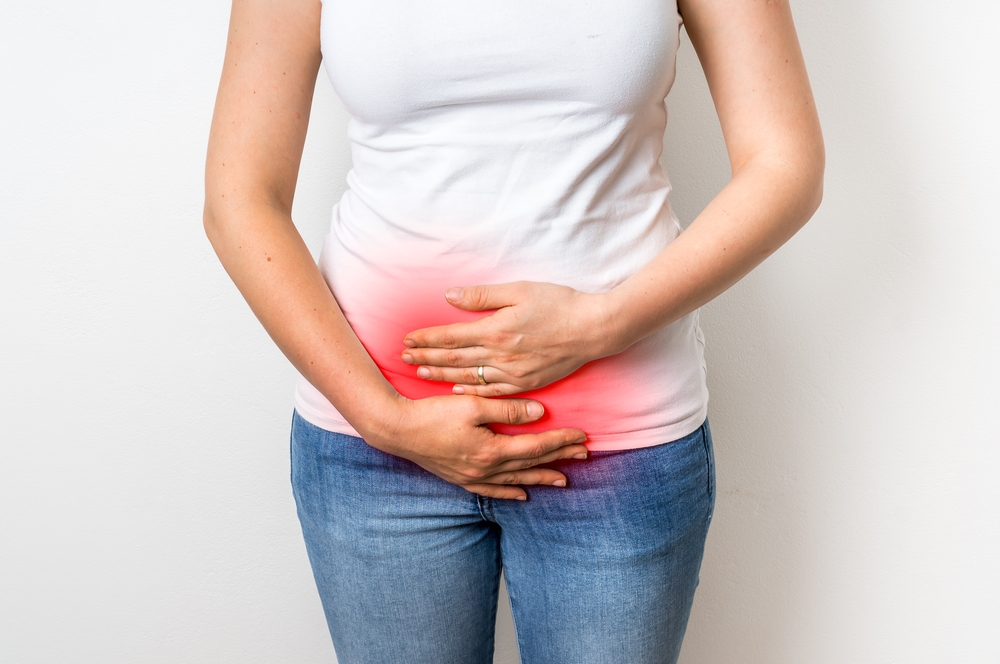Updated 10/16/2022
When Joanne told us how long her period had lasted, several women among us gasped. 10 days?! As if a week isn’t intrusive enough!
I think many groups of female friends have had conversations like this at some point. How often does your cycle come? How long does it last? Do you get cramps? Headaches? Is it heavy?
If there’s one thing I’ve learned in all of my years working with women in my clinic (and having these chats with my friends!) it’s that no two bodies are the same, when it comes to menstruation or anything else.
Periods that are consistently heavy or prolonged like Joanne’s, referred to as menorrhagia, are fairly common. But naturally, if you’re experiencing this, you probably want to know why it’s happening (and how to fix it).
In today’s article, I’ll walk you through some of the most common causes of menorrhagia, and the best available treatment options.
Most common causes of menorrhagia
The causes of menorrhagia can vary widely between women, but there are some common issues at the root of unusually heavy bleeding.
The most common causes include:
- Fibroids
- Low progesterone relative to estrogen (both common in perimenopause)
- PCOS
- A hormonal imbalance
Occasionally an intrauterine device (IUD) could cause excessive menstrual bleeding, but this is not the norm, unless there is an infection.
There are also a few less common causes that may be considered:
- A thickened build up of tissue (also called a thickened endometrium)
- Uterine hyperplasia
- Polyps
- Uterine or cervical cancer
- Ectopic pregnancy
- Cervical lesions
- Pelvic Inflammatory Disease (PID)
- Hypothalamic dysfunction
- Hyperprolactinemia
- Parathyroidism or other thyroid problems
- Premature Ovarian Failure (POF).
When doing an initial workup, some practitioners will test a woman for vitamin K deficiency (vitamin K is necessary for maintaining blood-clotting platelets). A woman with bleeding issues may also have a coagulation problem (coagulopathy), or other blood-related (hematologic) causes.
For example, genetic variants such as Von Willebrand’s disease, factor VIII, or factor XI deficiency are relatively uncommon, autosomal traits that may be suspected in a woman who has had heavy periods since menarche (first menstrual bleeding); bruising issues; or prolonged bleeding after surgery, childbirth, or trauma.
Although it’s not common, this is actually one of the first things I will look at if someone comes to me with heavy bleeding, since it’s often overlooked and can contribute a great deal to a patient’s understanding of what is going on in her body.
Heavy menses may in fact be the only sign of this genetic condition. See your practitioner if you suspect you have a clotting disorder, as it can be detected with a simple blood test, but often goes undiagnosed.
While it’s important to rule a rare genetic condition out, the truth is that we see heavy bleeding frequently, but rare disorders are not usually the cause.
How to Treat Menorrhagia
In addition to wanting to improve the quality of life for women with menorrhagia, it’s important to address possible consequences of excessive bleeding.
That’s why our first and most major concern for women with menorrhagia is iron deficiency anemia (due to blood loss).
A (CBC), better known as a complete blood count, identifies whether you are indeed anemic and need to add an iron supplement and more hormonal support to your daily regimen.
Next, it’s time to get to the root cause of your prolonged and/or heavy bleeding, and treat the problem upstream.
For example, if hormone levels are imbalanced, especially in perimenopause, we may want to try a combination of nutritional intervention and endocrine support for you. And though it’s certainly not my first choice, in severe cases where we need to control the bleeding, I will prescribe a synthetic form of progesterone like Aygestin or Provera. It does work extremely well and has its place when necessary.
I’m happy to say, though, that most cases of heavy periods can be brought under good control with diet and exercise modifications, along with a medical-grade nutritional supplement and progesterone support.
It’s interesting to note that the time we see the most problems with heavy bleeding (outside the usual pattern for our patients) is around the holidays, when stress levels are often over the top for women.
Gentle phytonutrient support and the use of a pharmaceutical grade multivitamin (Click here to learn about our specially formulated option) can also help keep your estrogen-to-progesterone levels on a much more even keel.
But we always place equal weight on addressing the impact your emotions and stress have on your hormonal symphony. Once your body gets the support it needs, it usually resumes its normal menstrual cycles—without having to resort to surgery.
We see this on a daily basis in the clinic and online. And if you don’t have to worry about how often you can make it to a restroom, you’re free once again to get out there and enjoy your life!
Your period doesn’t need to rule your life
While menorrhagia is common and often not considered a “serious” problem, there are real causes that can be addressed, and natural treatment strategies that can help you get back to a more manageable period.
In addition to investigating possible causes, remember to focus on diet, lifestyle, and stress management for the healthiest possible cycle.
For more information, read our informative article, “Menorrhagia and Hypermenorrhagia.”







